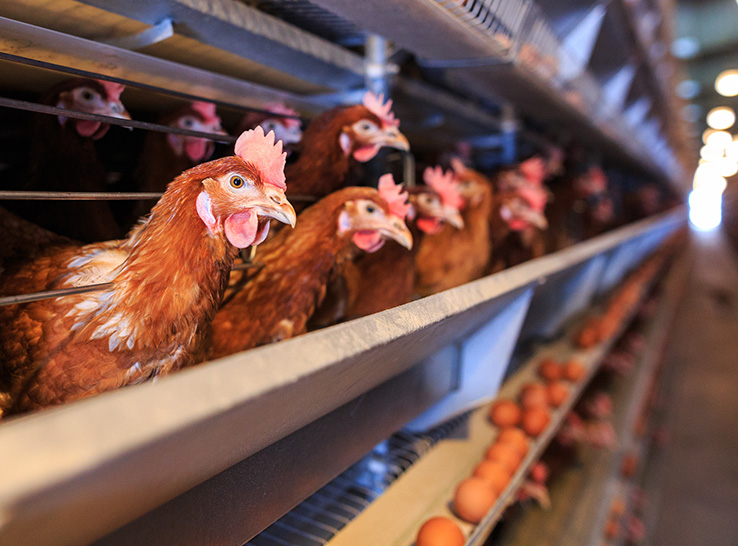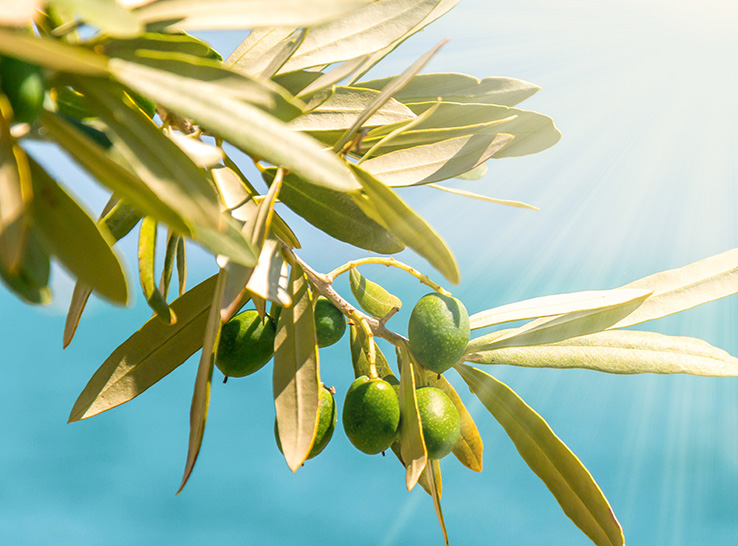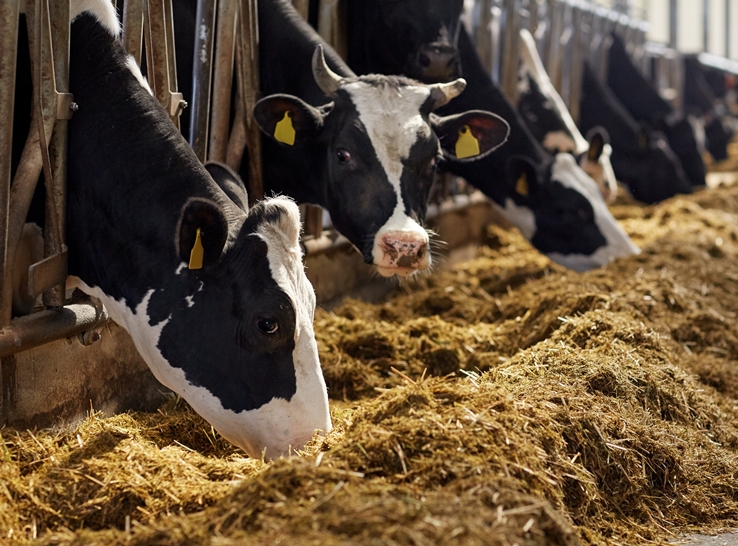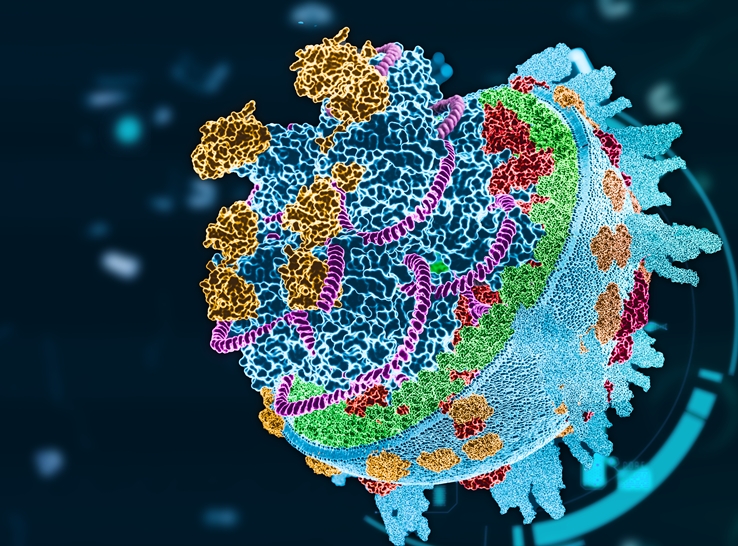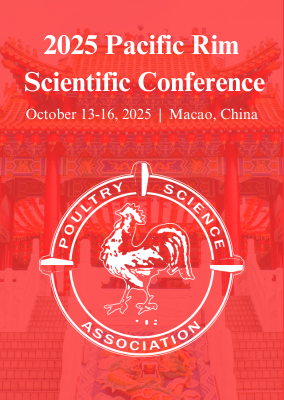Feeding olive oil byproducts such as olive pulp and olive pomace to broilers can improve several growth performance parameters, including nutrient digestibility, feed efficiency and growth, according to a review article published recently in Poultry Science.
These byproducts could also improve broilers’ ability to better manage thermal stress by strengthening antioxidant status during periods of heat/thermal stress. The olive oil itself may be incorporated in broiler diets (up to 10%) without adversely affecting health, performance, blood metabolites or meat quality.
Further, extracting plant oils from crops results in so-called “waste” products that can be repurposed as protein sources for animal agriculture, supporting industry sustainability efforts through the development of a circular economy and the world’s bio-economy sector.
Increased olive oil production In the Mediterranean region (as well as similar climates) has led to large quantities of olive oil byproducts that may be suitable ingredients for poultry rations, the review article reports.
The authors reviewed the published literature on supplementation of broiler diets with olive oil and associated byproducts and noted their potential to enhance broilers’ growth performance, feed efficiency and health status.
Biological activity of olive oil byproducts
Olive oil has been widely used for human consumption and pharmaceutical uses and is associated with multiple health benefits credited to its phytochemical components. Phytochemicals are chemicals produced by plants to protect them from pathogens like viruses and bacteria. Certain olive oil byproducts, such as olive-mill wastewater, also contain significant bioactive compounds with a wide range of physiological activities.
According to the paper, the beneficial biological activities of olive oil byproducts are attributed to bioactive components, including polyunsaturated fatty acids (PUFAs), monounsaturated fatty acids (MUFAs), triterpenic acids, tocopherols, phytosterols, squalene, dialcohols, pigments and polyphenols. Further, olive leaves are rich in phytochemical constituents with substantial biological functions, including antioxidant properties.
Positive effects on broiler health, performance
Specific to broiler growth performance, the authors noted that:
- Olive-pomace extract added to broiler-chicken diets was found to enhance broiler growth and health, which was attributed to its anti-inflammatory properties.
- Adding extra-virgin olive oil to broiler diets (1.0%-2.5%) enhanced the birds’ growth indices and feed efficiency.
- Broilers fed olive pulp had better feed efficiency, nutrient digestibility and growth than controls.
- Olive cake (5%) mixed with yeast (0.4 g/kg) significantly improved bodyweight gain, feed-conversion ratio and European production-efficiency index without affecting carcass quality.
- Fermented olive pomace (15%) significantly improved bodyweight of broilers by 12.5% compared with controls through improved feed conversion and nutrient digestibility.
Dietary inclusion of olive oil or its byproducts also improved broiler-meat attributes, including a reduction in lipid peroxidation and protein oxidation, due to the high ratio of MUFA/PUFA and the presence of phenolic antioxidant molecules in olive-derived feed ingredients.
Further, dietary olive oil may improve meat quality, promote lean-tissue deposition, constrain lipid synthesis and escalate fatty-acid oxidation, which could explain why dietary olive oil may decrease the fat content of broiler carcasses.
Protection against thermal stress
Olive-derived products could also reduce the adverse effects of thermal stress. Beneficial effects of olive-leaf extract and its phenolic compounds have been found to reduce oxidative biomarkers, enhance immunity and improve antioxidant defense mechanisms, which are important in mitigating effects of thermal stress. While studies have shown potential for olive-leaf extract as a tool for managing thermal stress in broilers, more research is needed to determine optimal dosage and timing of supplementation.
The authors noted a recent study that found the dietary inclusion of dried olive pulp during periods of thermal stress significantly improved broiler growth performance and had positive impacts on chicken well-being in terms of feather cleanliness and panting behavior.
The full paper, “Olive oil and its derivatives for promoting performance, health, and struggling thermal stress effects on broilers,” can be found in Poultry Science and online here.
Editor’s note: Content on Modern Poultry’s Industry Insights pages is provided and/or commissioned by our sponsors, who assume full responsibility for its accuracy and compliance.

